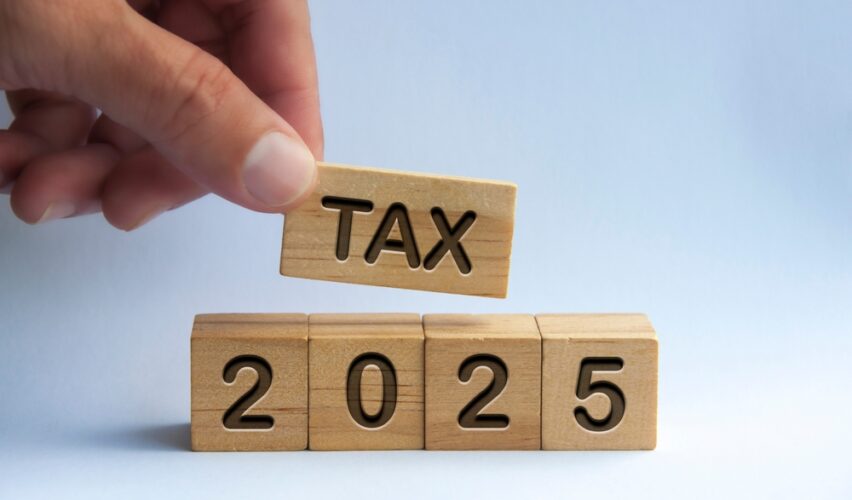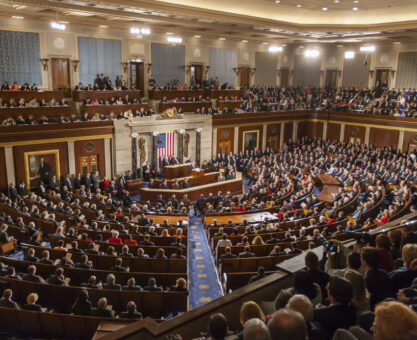When the Trump-era tax cuts expire on December 31, 2025, tax rates for 2026 will revert back to levels before the Tax Cuts and Jobs Act (TCJA) was signed into law. As the deadline approaches, federal workers and retirees need to understand how the changes will impact their tax planning.
Individual Tax Rates
Though the TCJA maintained seven brackets, the new law lowered individual tax rates to 10%, 12%, 22%, 24%, 32%, 35%, and 37%. When TCJA provisions expire at the end of 2025, tax rates are expected to revert to the higher brackets set prior to 2018. These are: 10%, 15%, 25%, 28%, 33%, 35%, and 39.6%. As a result, federal workers and retirees will likely have to pay 1% to 4% more in personal taxes.
“Unless Congress takes steps to extend the Trump Tax Cuts or make them permanent, federal retirees and pre-retirees can expect to be paying higher taxes starting January 1, 2026.”
The Standard Deduction
When the TCJA went into effect, the standard deduction nearly doubled for individuals and families and made it easier to skip itemizing deductions on their tax returns. For many Americans, it also reduced their taxable income. As a result, an increased number of taxpayers opted for the higher standard deduction instead of itemizing. In fact, some experts estimate that 90% of taxpayers chose to claim the standard deduction once the TCJA was signed into law.
Under the TCJA, the standard deductions for the 2023 tax year are $13,850 for single taxpayers (or married and filing separately); $27,700 for married joint filers and qualifying widow(er)s; and $20,800 for head of household. Taxpayers age 65 and older can claim an additional deduction: $1,850 for single or head of household and $1,500 for married couples or a qualifying surviving spouse. Once the TCJA expires, these standard deductions are expected to be cut in half for tax year 2026.
The Child Tax Credit (CTC)
The TCJA doubled the child tax credit from $1,000 to $2,000 for each child under age 17. Currently, it starts to phase out when incomes exceed $200,000 for an individual and $400,000 for a couple. Once the TCJA expires, the child tax credit will likely revert to $1,000 per child and start to phase out when incomes exceed $75,000 for an individual and $110,000 for a couple.
Unless Congress takes steps to extend the Trump Tax Cuts or make them permanent, federal retirees and pre-retirees can expect to be paying higher taxes starting January 1, 2026. Developing a tax-efficient plan for your retirement is not a do-it-yourself job. Connect with an FRC® trained advisor who can recommend a savvy tax professional. Together, they can help you develop a plan to lower your tax burden when the Trump Tax Cuts expire.
Source: https://www.taxpolicycenter.org/taxvox/buckle-2025-promises-be-historic-year-tax-and-budget-policy


























